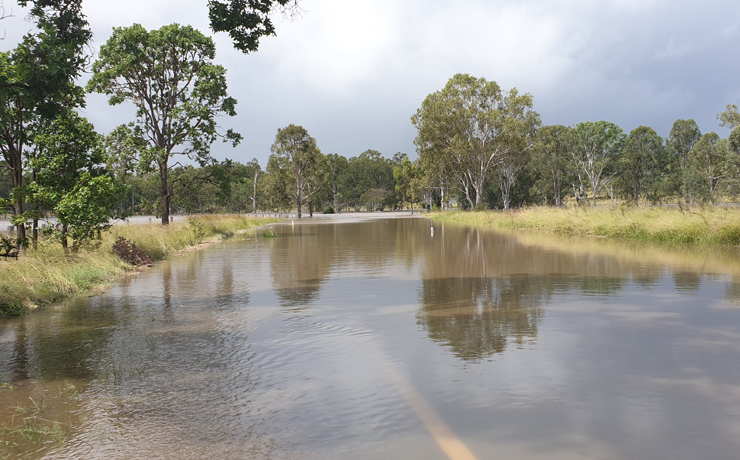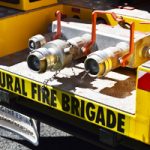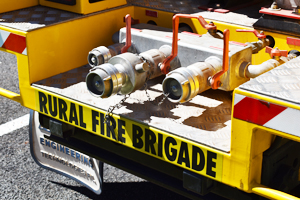

August 3, 2022
Member for Nanango Deb Frecklington has questioned the State Government about why so many flood grant applications by primary producers and small businesses have been declined.
Extraordinary Disaster Assistance Grants covering three recent events – Central, Southern and Western Queensland Rainfall and Flooding (Nov-Dec 2021), ex-Tropical Cyclone Seth (January 2022) and South-East Queensland Rainfall and Flooding (Feb-Apr 2022) – are being administered by QRIDA.
Mrs Frecklington said she was concerned about reports of applications being rejected.
“I am very concerned by feedback I am receiving from primary producers about their applications for flood disaster grants not being approved on the basis of not meeting the eligible item criteria,” Mrs Frecklington said.
“This is leaving producers with large bills for equipment and services which they understood would be eligible, but have now been told do not meet the criteria.
“The main example is the purchase of equipment, which according to the guidelines is allowed. However it seems the fine print, which is not available to applicants, is resulting in some equipment purchases being deemed ineligible by QRIDA.
“I asked (Agriculture Minister Mark Furner) if a clearer and more detailed set of guidelines could be provided, however, this has not occurred.”
She said 20 per cent of primary producers’ applications and 33 per cent of small business applications had been rejected.
“If the guidelines were clearer, it would make it much simpler for primary producers to understand what items they can claim, rather than purchasing very expensive equipment only to find equipment purchases are not being honoured,” Mrs Frecklington said.
“To have an application rejected is extremely stressful for primary producers and small businesses owners who have already suffered so much loss with the floods. There is also a large amount of time and effort which goes into these grants and to then have to turn around and make an appeal is extremely hard.”
* * *

Agriculture Minister Mark Furner said that as at June 20, QRIDA had approved a total of 3795 Disaster Assistance Recovery Grant applications worth just over $55.69 million.
He said applications had been declined for a number of reasons, the most common being:
Small Business
1. Incomplete – insufficient information provided
2. Did not suffer direct damage from the disaster event
3. Not a small business
4. Costs claimed covered by insurance
5. Proposed activity or purpose not eligible
Primary Producer
1. Not a primary producer – does not meet DRFA definition of primary producer, ie. spend majority of labour and earn majority of income from primary production enterprise
2. Not a primary production enterprise
3. Incomplete – insufficient information provided
4. Proposed activity or purpose not eligible
5. Did not suffer direct damage from the disaster event
Non-Profit Organisations
1. Costs claimed covered by insurance
2. Proposed activity or purpose not eligible
3. Incomplete – insufficient information provided
4. Did not suffer direct damage from the disaster event
5. Not a registered not-for-profit organisation
Minister Furner said applicants who had received a decline decision could re-apply during the application period and provide new information.























